NEWS: Disney Fights Back With Countersuit Against DeSantis-Appointed Reedy Creek Board
The battle between Disney and the Reedy Creek Improvement District (now called the Central Florida Tourism Oversight District) continues, and this latest development adds one more layer to the mix.
Disney is already facing off with the District in two different lawsuits — one filed by Disney against members of the District Board of Supervisors and Governor Ron DeSantis in Federal Court, and another filed against Disney by the District Board in State Court. And now the State Court case has seen an important update.
For context, this state court case (2023-CA-011818-O: CENTRAL FLORIDA TOURISM OVERSIGHT DISTRICT vs. WALT DISNEY PARKS AND RESORTS US INC) was brought by the District against Disney. It claims that certain agreements Disney entered into with the old Board are null and void.
The Board has asked the state court to declare those agreements invalid. Disney previously filed a motion to dismiss this lawsuit and the judge denied that motion, allowing the case to move forward. As a result, Disney was required to file an Answer to the Complaint, which they have since done, but their Answer contains more than just responses to the Board’s accusations.
Disney has filed a 55-page Answer to the Complaint that also contains their Affirmative Defenses and, importantly, counterclaims against the Board. Essentially, Disney has brought their own claims against the Board and is accusing the Board of doing some “bad acts” like breach of contract. Let’s break things down.
Here are some key takeaways from Disney’s Answer to the Complaint:
- Disney claims that “much good has come from the Reedy
Creek Improvement District” - They also say that the District has been “mutually beneficial for Florida and for Disney”
- Disney argues that in altering the District and naming a new Board of Supervisors, the “Legislature’s intent was, in fact, to punish Disney for disfavored speech”
In terms of its affirmative defenses, Disney argues a number of things, including that the District indicated to Disney that it had the authority to enter into those old agreements at issue in the case and that Disney relied on that indication. Disney also discusses how there were public meetings about the agreements, at which no objections were raised. Disney also claims that the District has acted in a way that violates various parts of the Florida Constitution.
When it comes to the counterclaims, Disney alleges that one day after Disney issued an official statement against the Parental Rights in Education Bill (what critics call “Don’t Say Gay”), DeSantis said that Disney “crossed the line” and he pledged “to make sure we’re fighting back.”
Soon after that, potential changes to the District were revealed. Then a bill was passed to dissolve the District, and ultimately the District was significantly changed in terms of its leadership format. Disney claims that they tried to de-escalate the situation “including through several attempts to spark a productive dialogue with the DeSantis Administration. These efforts were unsuccessful.”
They then discuss the agreements at issue, argue that there was public notice about them, and more. The agreements at issue are a Development Agreement and Restrictive Covenants. These govern future developments in the District and the current Board has claimed that the agreements were “last-ditch efforts” to strip them of their powers.
The District’s current Board declared those agreements to be void and legislation was later passed in Florida that impacted the agreements as well. Disney argues that the legislation passed by the State “was drafted to target” Disney’s contracts “specifically.”
In its counterclaims, Disney argues that the District breached these two contracts (which Disney considers to be valid) by refusing to comply with them. Disney has asked the Court to declare that the contracts are valid and enforceable, direct the District to comply with the contracts, and stop the District from violating the terms of the Development Agreement.
Disney has also alleged that in refusing to comply with the Contracts, the District breached its duty of good faith and fair dealing, and that certain actions by the District (or by the passing of the Florida legislation) have also violated the Florida Constitution’s Contracts Clause, Takings Clause, Due Process Clause, and Free Speech Clause.
But wait…there’s more. Just days before Disney filed its counterclaims, the District filed something of its own — a Motion for Summary Judgment. Basically, the District is arguing that there’s no “genuine dispute as to any material fact” on some of its claims and that it’s entitled to judgment as a matter of law. If the summary judgment motion is ultimately granted, it could give the District some of the declarations it wants without the need for a lengthy trial.
Disney has yet to respond to that Motion for Summary Judgment, and the District will also now get some time to respond to Disney’s counterclaims. In other words, there’s a LOT that’s still pending here — and that’s not even taking the federal case into consideration.
These actions — a motion for summary judgment and the filing of counterclaims — are fairly standard procedure in many lawsuits, but they are important to point out since they add more layers to the battle here. We’ll keep an eye out for more updates on the situation and let you know what we find.
Stay tuned for the latest news.
Click here to see why there could be a major leadership change in the District
Join the DFB Newsletter to get all the breaking news right in your inbox! Click here to Subscribe!
The post NEWS: Disney Fights Back With Countersuit Against DeSantis-Appointed Reedy Creek Board first appeared on the disney food blog.
from the disney food blog https://ift.tt/K2dGV8E


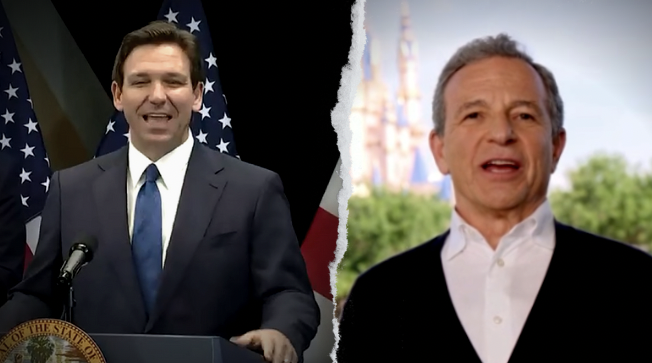

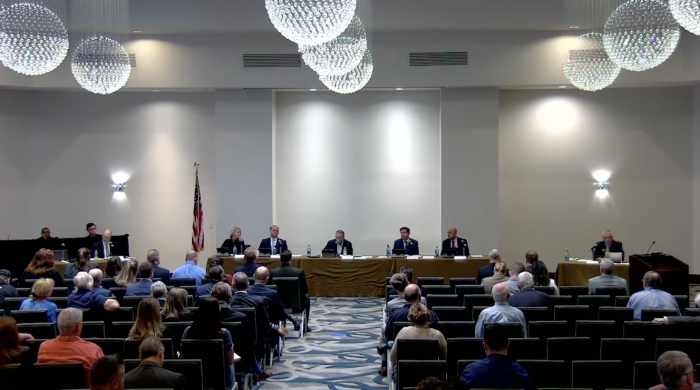
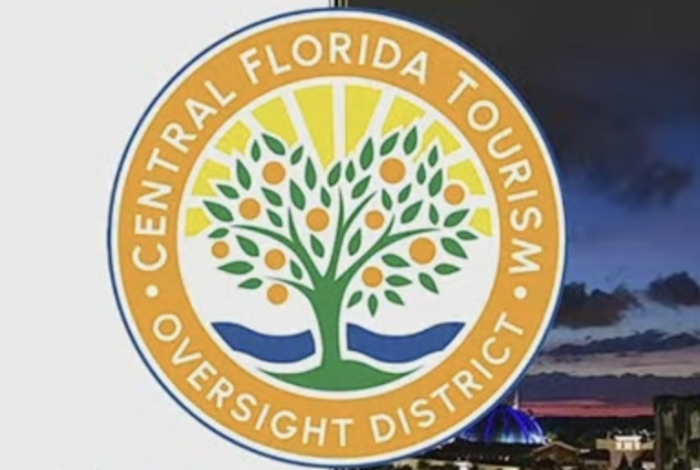
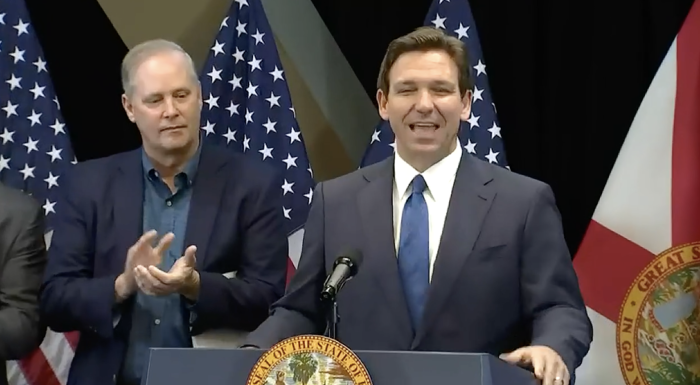


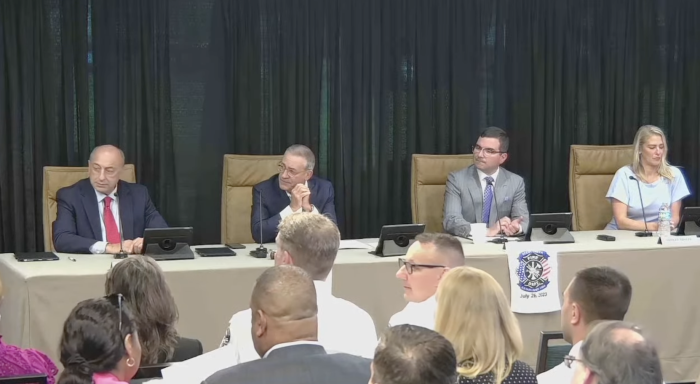
Post a Comment